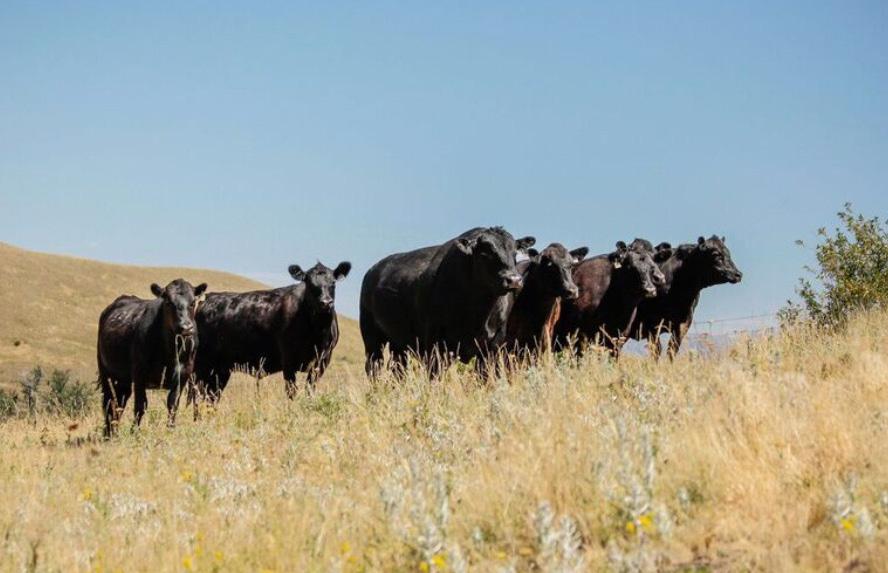
1 minute read
HIGH MOUNTAIN DISEASE
High Mountain Disease, or commonly known as Brisket Disease, is a very common condition seen in cattle raised in regions greater than 5,000 ft of elevation. The disease is characterized by ventral edema in the brisket region that is caused by high blood pressure in the lungs and right sided heart failure.
Cattle mortality from this disease can result in the loss of 3% to 5% of the calf crop but has been reported to be as high as 25% and morbidity greater than 40%. Historically, Brisket Disease has been a problem of higher altitude environments but recent evidence has shown that cattle at much lower elevations are being affected, particularly in the high plains feedlots. All breeds can be affected and often times animals will be “sub-clinical”, meaning that they do not show outward signs of being ill but will not grow or produce like they should.
Through PAP (Pulmonary Arterial Pressure) Testing, we can determine an individual animal’s potential to develop Brisket Disease and because High Mountain Disease is moderately heritable in the angus breed, we can evaluate that animal’s potential to pass on genetic traits that can greatly influence the performance of that animal’s offspring. The PAP test can be influenced by several factors other than genetics but because it is an actual measurement, it is far more accurate and reliable than the current EPD that is being used making yearling PAP the most common phenotype used to determine if cattle are tolerant to high altitude production systems.
A crucial component to the PAP test being more reliable and accurate than the EPD is that cattle are tested at the appropriate age and elevation. It is important that cattle being tested are at least 12 months of age when the test is performed and that those animals have resided over 5500 feet of elevation for at least 30 days. The higher in elevation that the animals reside, the greater the confidence we have in our PAP testing data.
Cowherd is Johne’s Tested Free


